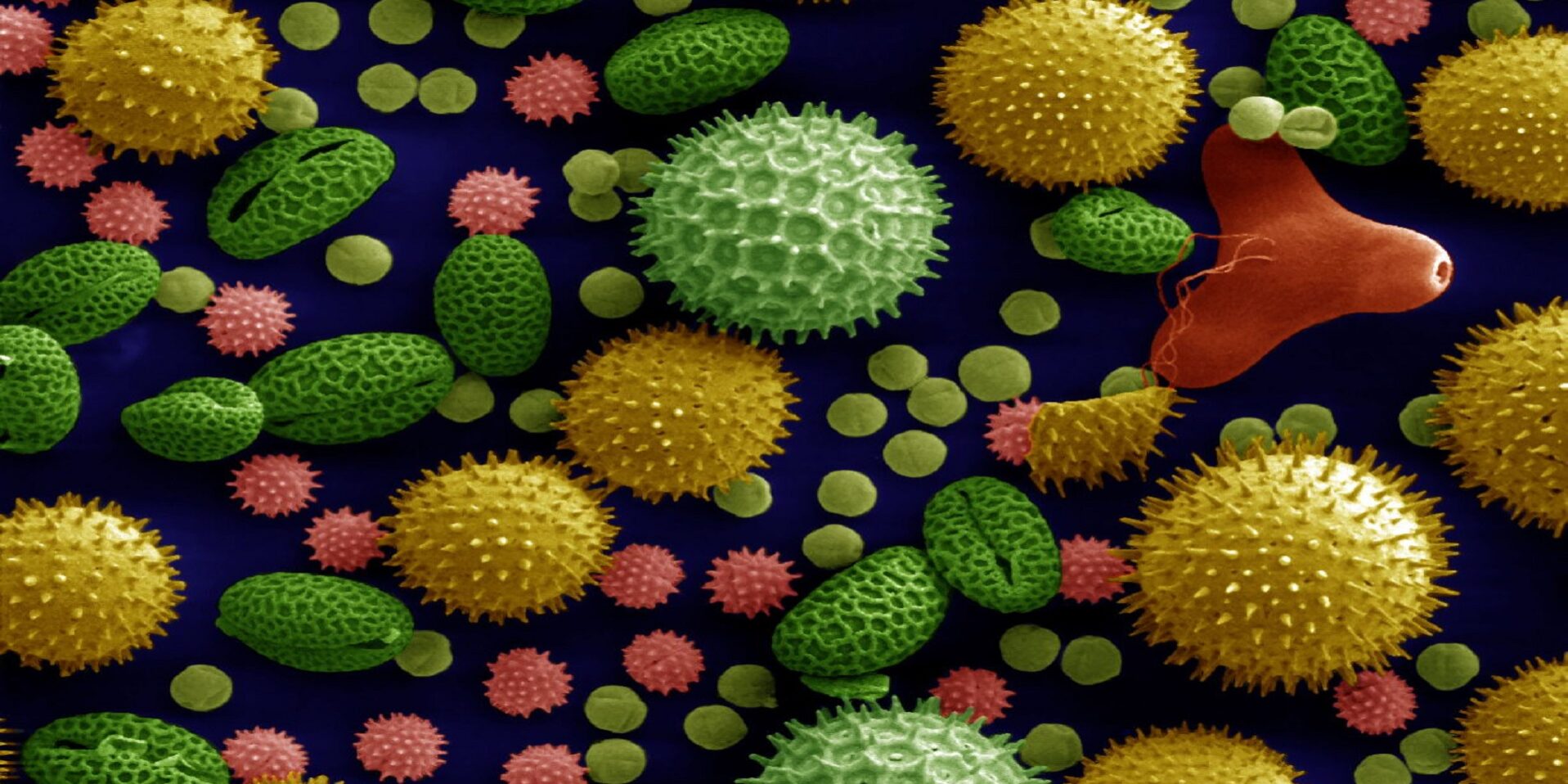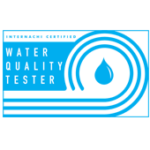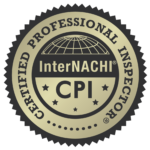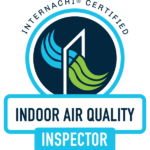Protecting Your Home: Allergens

POLLEN AND DUST AND MOLD, OH MY!
If you are like most people, Spring brings a lot of positive energy to your home. And cabin fever from the Winter has long since gotten you looking forward to fresh air, sunny days, and a chance to get outside. You may have already started making plans for cleaning out the garage, planting some flowers, getting set for a yard sale, repainting the deck, washing your car, or even just opening the windows on a breezy day. But with those things, and Spring in general, comes an increase in allergens and a decrease in your indoor air quality.
It’s estimated that 20% of the US population suffers from some sort of seasonal allergy. Everything from pollen to dust mites, animal dander to mold, grass and weeds to chemicals, and more. Which makes this time of year intense for allergy sufferers. But even if you are not one of the ones that encounters an adverse reaction from them… there’s always good reason to improve the quality of the air that you breath.
Here are 10 Things that you can do to
help make this Spring a better one for You and Your Family.
- Clean those carpets. Carpet is one of the biggest collection points for allergens. Every dog paw (don't forget to take off your own shoes) that walks on them, every piece of dust that settles, every microscopic fleck of pollen that floats in… they almost always end up on the floor. Using a HEPA filtered vacuum at least twice a week is a good start for reducing the volume of contaminants in your home.
- Bathroom, kitchen, and dryer vents. Make sure that the filters and exhaust points for your household venting are all clean. Removing moisture from the bathroom, cooking fumes from the kitchen, and built-up contaminants from laundered clothing can go a long way.
- Break out that dehumidifier. If you have any degree of excessive moisture in your basement, having a dehumidifier will help considerably. And make sure to clean it weekly.
- Change the HVAC filter. This is filtering the air for your entire house – not changing it regularly is arguably the worst thing you can do for your air quality. Upgrading to a higher MERV rating should also be on your radar. Allergens are smaller in size than the dust that the cheap filter catches.
- Food safety and food hygiene. Clean out the fridge - including looking for expired items, getting rid of excess moisture, and wiping down the gaskets. Empty the trash. Take out the recycle. If your refrigerator has a drip pan, empty and clean it. If you're rural, have your water quality checked.
- Deep clean the bedrooms. Dust mites thrive in bedrooms. And the average person is in their bedroom for roughly a third of their life. Using hypoallergenic covers for mattresses and pillows – and washing them weekly – is a huge help in prohibiting mites from flourishing. If your mattress is more than 7 years old, you should budget to get a new one.
- Give the dogs and cats a bath. Opinions will vary on how frequently this should be done, but unless you are taking the fur baby to the groomer all Winter… we’re guessing that they are due for a bath.
- Open the windows – but check first! Make sure it isn’t trash day, check a pollen indicator website, listen for your neighbors mowing their yards, etc. Done right, opening the windows for a little bit of time each day can actually reduce the number of allergens in your home.
- Clean smart. Start with the things that are high up, and end with the floor. But give some time in between each step so that things settle. An easy approach is to do the same task throughout the house before moving on to the next task (as opposed to an entire room at a time).
- Choose your cleaning agents wisely. There are as many opinions on how to clean as there are products to clean with. And most all have both benefits and deficits. Having a system that works best for your specific situation (types of furniture and flooring, location, allergen sensitivity, etc) takes time. Doing some individualized research can yield sizable benefits.
∞ Sam Wilson with Liam Dietrich ∞
If you're unsure of things like what the humidity and moisture levels in your home measure at, where your ventilation exhaust points are located, what pollutant remediation techniques you can implement are, or any other of a host of potential concerns… please feel free to contact us. Our Home Inspection services include helping you identify these, and other, concerns and issues.
At Infinity, Your Home really is Our Priority.



